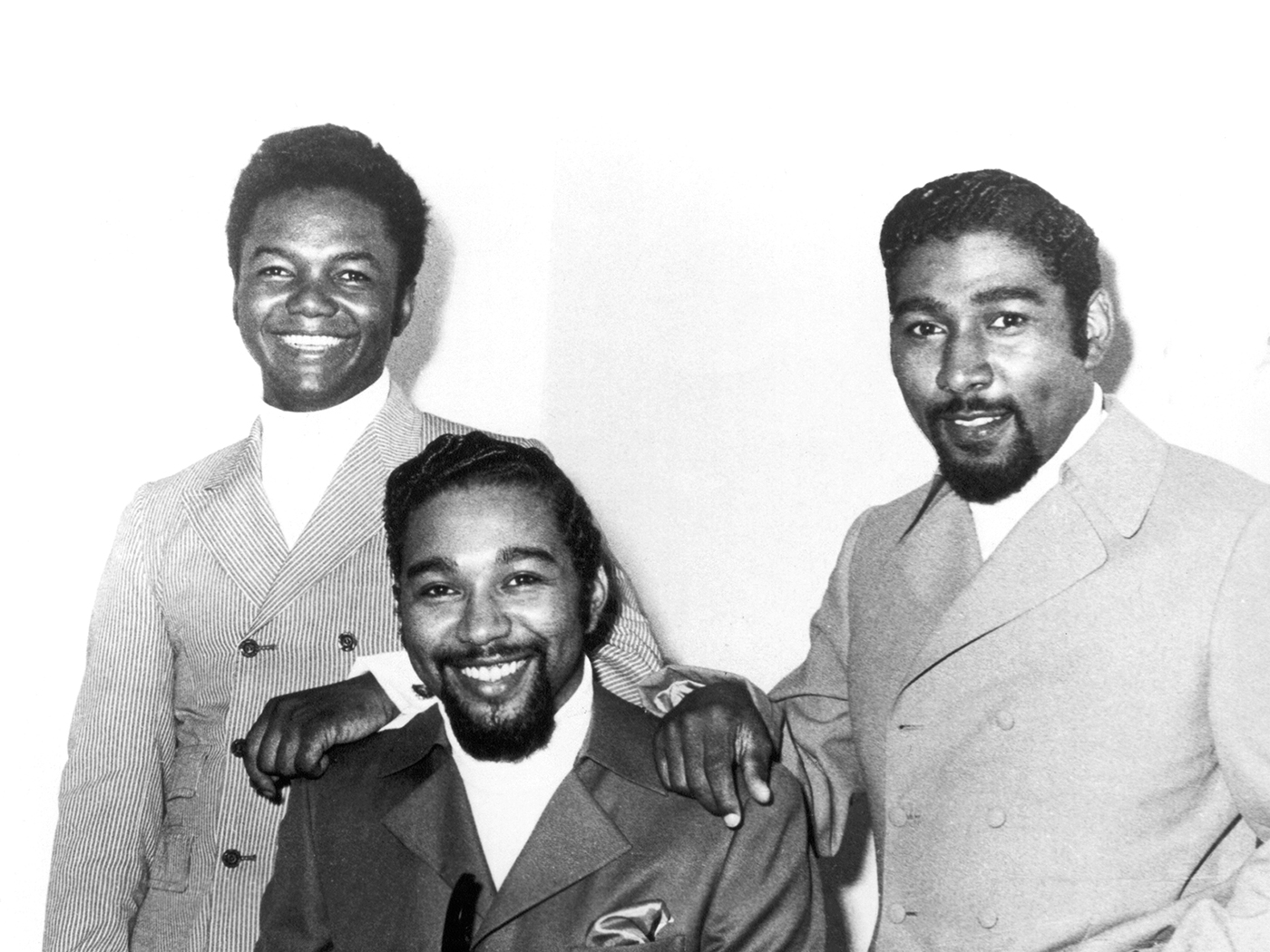Born of Eddie Holland’s conviction that he, his brother Brian and their fellow songwriter and producer Lamont Dozier were not getting a fair share of the proceeds from the global success of Berry Gordy Jr’s Motown company in the 1960s, the Invictus and Hot Wax labels made some glorious music as that decade shaded into the next.
JONI MITCHELL IS ON THE COVER OF THE NEW UNCUT – ORDER YOUR COPY HERE!
The elder Holland set up their labels when the trio were still in dispute with Motown. As Dozier wrote in his autobiography, the lawsuits and countersuits went on for years – “long, complicated and unpleasant”. It was the sourest possible ending to a story that had helped to shape Gordy’s Sound of Young America. Not until 1971, when their contracts expired, were the three free to work for their own company under their own names.
The more urgent need was to find artists with whom to replicate their Motown success. Edna Wright, Darlene Love’s sister, was brought from LA together with Carolyn Willis and Shelly Clark to become Honey Cone, an update of the Supremes. General Norman Johnson, the former lead singer of the Showmen, whose “It Will Stand” had been a hit in 1961, was recruited as the frontman of the Chairmen of the Board, who became their new Four Tops.
In the Motown days, Lamont had usually come up with the basis of the song and coached the singers while Eddie shaped the melody and lyrics and Brian supervised the studio production. At Invictus, things were less clear-cut. But it was still Dozier who came up with the idea for the Chairmen’s debut, the finger-snapping “Give Me Just A Little More Time”, and persuaded Johnson to abandon the smoother vocal style he’d developed since the days of the Showmen and revert to the rawness of “It Will Stand”, creating a distinctive sound that made it the label’s first significant hit, reaching the top three in the US and the UK in the early weeks of 1970.
It was quickly followed by Freda Payne’s “Band Of Gold”, which stayed at No 1 in the UK for several weeks. This one was closer to the old Motown template: a danceable medium-tempo and a running bassline supporting Payne’s polished, pleading delivery of an intriguingly ambiguous lyric.
Like other Detroit labels before them, the Invictus team were making use of Motown’s session musicians in their off-duty hours, including the bassist James Jamerson. But they were also grooming a cadre of younger players, among them the teenaged guitarist Ray Parker Jr (later to find fame as the creator of the Ghostbusters music) and the members of a local group known as the Politicians, whose young bass guitarist, Roderick “Peanut” Chandler, was groomed as the new Jamerson.
Soon it became clear that the Invictus/Hot Wax sound was moving away from the carefully devised and quality-controlled sheen of the Motown hits towards something less polished and more urgent. The Chairmen of the Board continued on their lilting way with “Everything’s Tuesday” and “Working On A Building Of Love”, but their “Pay To The Piper” – written by General Johnson – was far more aggressive, and the Barrino Brothers’ “I Shall Not Be Moved” was an incandescent slice of gospel-soul.
Moments of social consciousness began to emerge: Payne’s “Bring The Boys Home” conveyed the fervour of anti-Vietnam War protests, Honey Cone’s “Sunday Morning People” attacked the hypocrisy of the pious, and Laura Lee delivered “Women’s Love Rights” as a proud feminist anthem.
The label also succeeded in getting a blue-eyed soul group, Flaming Ember, into the charts with “Westbound No 9”, all fuzz guitar and hoarse lead vocal (by Jerry Plunk, their singing drummer), and a match for anything by the Rascals or Looking Glass.
When the label’s founders stepped forward in the role of artists, Eddie Holland declined to resume the career that stage fright had denied him in his early days as a promising Motown solo artist. Instead it was Brian, on “Don’t Leave Me Starving For Your Love”, and Lamont, on “Why Can’t We Be Lovers”, taking the lead on hits that prepared the way for the boudoir soul to come later in the decade. Brian was also featured on “I’m So Glad”, a guaranteed floor-filler in any era.
What’s missing? Holland-Dozier’s “Slipping Away”, a clavinet-and-phased-strings heartbreaker, is an unaccountable omission. And presumably there are contractual reasons behind the non-appearance of anything from Parliament’s Osmium album, particularly “The Silent Boatman”, a sombre and sublimely bizarre masterpiece in which George Clinton and the British-born songwriter Ruth Copeland brought Scottish bagpipes to bear on Greek myth.
According to Dozier, among the reasons for Invictus’s eventual decline was Eddie’s refusal to sign Clinton’s Funkadelic, Al Green and the Ohio Players when they were available. Soon the newer, fresher sounds of Kenny Gamble and Leon Huff’s Philadelphia International label were taking over, and when Lamont broke away to sign an artist contract with ABC/Dunhill, the end was nigh. But if Holland-Dozier-Holland couldn’t build an empire of their own to rival Gordy’s, this set – 68 tracks on four CDs, 55 on the vinyl version – proves that their efforts added something more than a postscript to their matchless Motown legacy.
When you purchase through links on our site, we may earn an affiliate commission. Here’s how it works.

